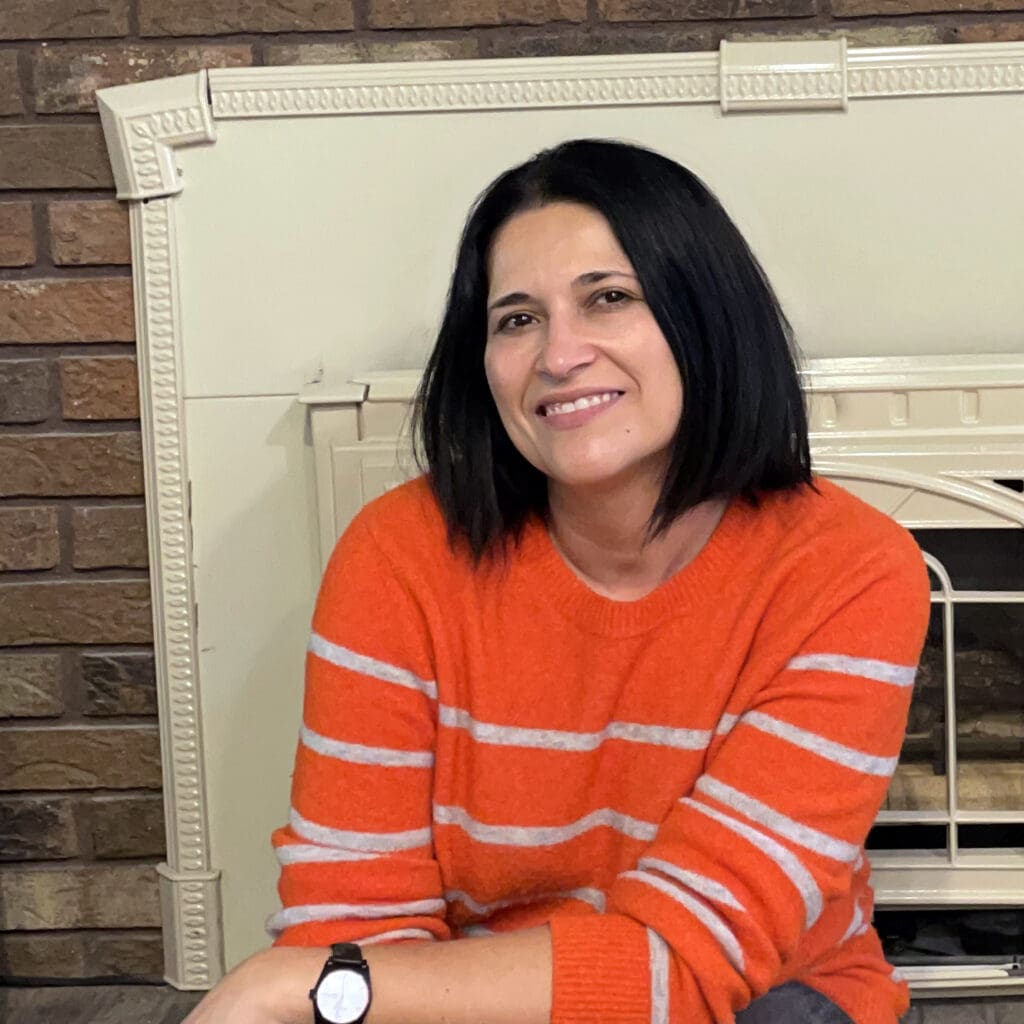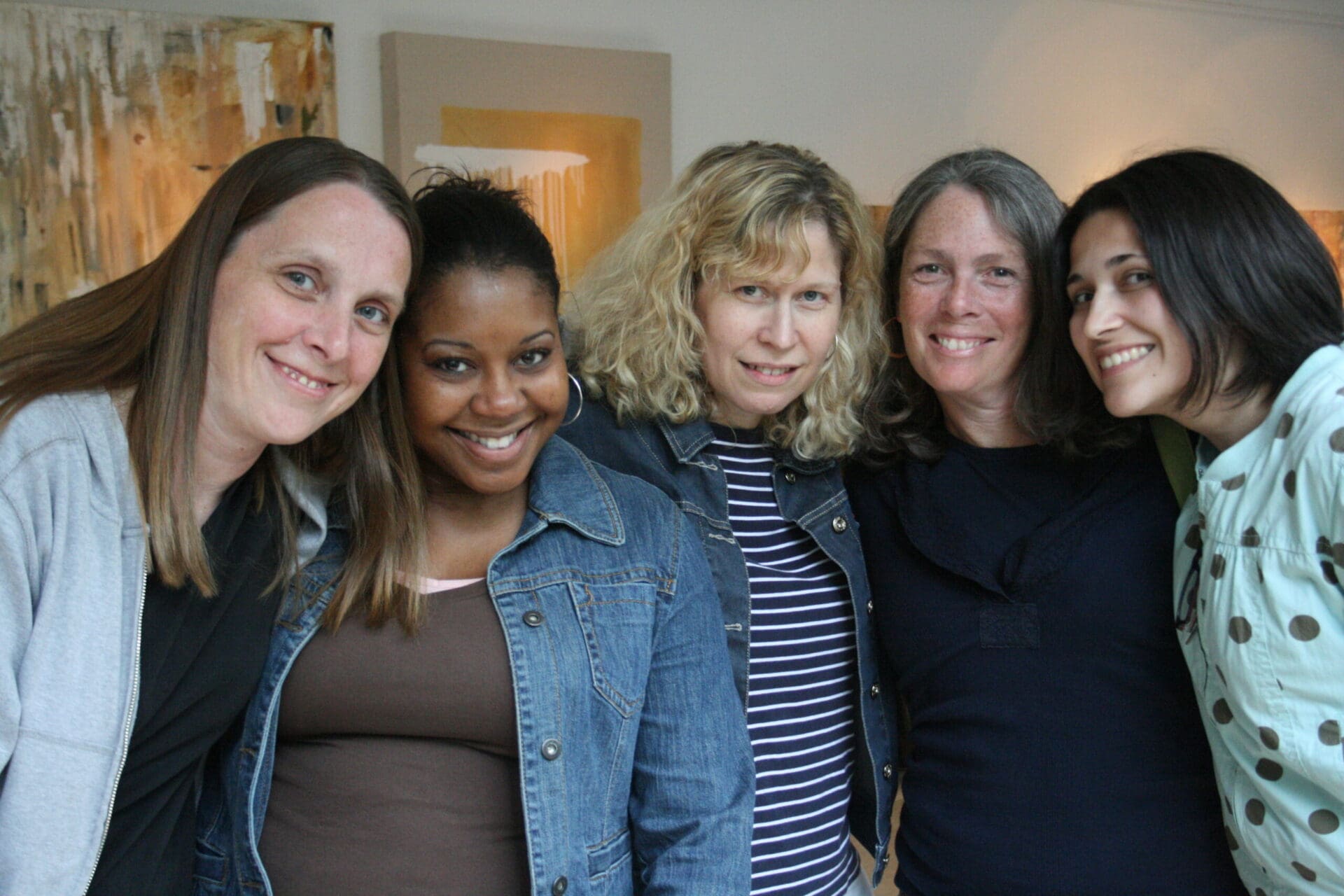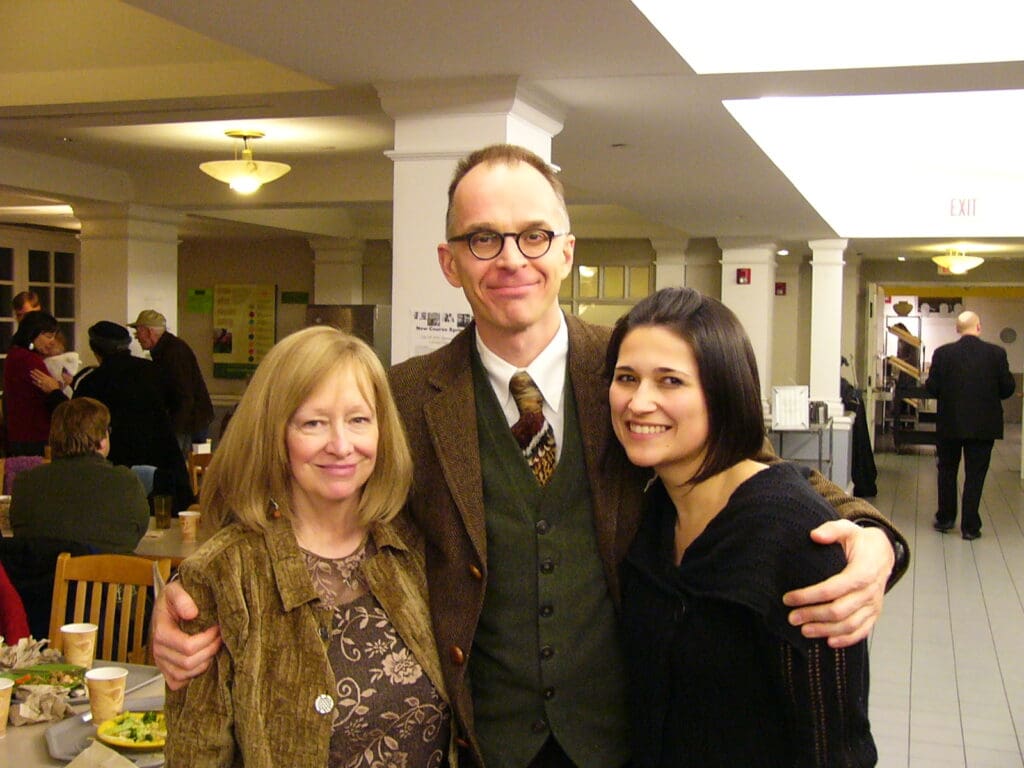We love learning about how our alums are making an impact in the literary world, and were thrilled to talk to Natalie Young, poetry alum and a founder of the Utah-based poetry journal, Sugar House Review. In the interview below, Natalie tells us about selecting the best poems for the magazine, working with authors on edits, and making space for her own poetry.
NATALIE YOUNG – POETRY, JANUARY 2009

NATALIE YOUNG is a founding and managing editor for the poetry magazine Sugar House Review. By day, she works as an art director for an ad agency based out of Salt Lake City. Her poems have been published in Green Mountains Review, Los Angeles Times, Rattle, South Dakota Review, Tampa Review, Terrain.org, Tar River Poetry, and elsewhere. Natalie is half Puerto Rican and half Brigham Young.

Interview By
Michael Mercurio
It was an honor to chat with Natalie Young, a January 2009 Poetry alum and editor of Sugar House Review, about her experiences as a poet and editor whose first collection, ALL OF THIS WAS ONCE UNDER WATER, is available at this link.
Do you remember a specific “inciting incident” that caused you to choose poetry as a means of expression? How did poetry fit into your schooling pre-Lesley?
A friend once told me that you don’t choose the art, the art chooses you. And I think, to an extent, that’s what happened with me and poetry. I have been interested in writing since the 8th grade, when I was doing a lot of papers for a history class and the how of writing suddenly clicked. I was an art/graphic design major as an undergrad. It wasn’t until I took a poetry writing class senior year as part of my English minor when I realized how much I liked it and how much better at it I was than fiction. I took another poetry class the next semester and I was hooked.
How did you decide to start Sugar House Review?
The four of us who founded Sugar House Review, (myself, Nano Taggart, John Kippen and Jerry VanIeperen), were in a writing group together for a number of years. Two of us just finished our MFAs in poetry and we were just sitting around one afternoon drinking tea, talking about poetry and what was next, and that’s when we started discussing a poetry magazine. It was just an idea until John reached out to Roberta Stearman, widow of the late Utah Poet Laureate Ken Brewer, and asked if there were any unpublished poems of Ken’s that she’d consider letting us publish. Ken Brewer was a literary hero to us, so when Stearman sent a batch of poems and told us to choose what we wanted, we knew we had to start the magazine and we had to do a good job.
Additionally, at the time, Utah didn’t have an independent poetry journal and while the world perhaps did not need another poetry magazine, Utah did.
Is there anything about the journey from poet-submitting-to-journals to poet-running-a-journal that has surprised you?
There have been a few surprises—we really had no idea what we were getting ourselves into. The first surprise was that running a literary journal is not just an interesting arts project, it’s running a small business and it’s a lot of work. The two out of the four of us that are still with Sugar House Review, are still surprised by run-the-business items that pop up along the way.
Second, it became obvious very quickly just how subjective getting work accepted can be. When I read submissions for the magazine, I try to be in a good, zoned-in space, but sometimes things have to be read and decided on in a certain time frame. And maybe during that time frame I’m thinking about a work deadline or I hated the cereal I just ate–all of that can affect how I read a submission. Knowing there’s no way I’m the only reader/editor that this happens to has helped take rejections of my own writing a lot less personally. That, and knowing how many submissions magazines get, it’s impossible to publish every good thing that comes in.
Another surprise that took a while to really acknowledge is that when you’re an editor, you’re not just looking for the best poems, you’re looking to make the best issue/magazine, and sometimes that means taking a piece that on its own isn’t the absolute best, but does make the magazine better as a whole.
How often do you find yourself able to engage in this level of editorial feedback? When you do, do you often get pushback from the writers? Have you ever had a writer pull a poem because they disagreed with your critique or suggestions?
Due to the volume of submissions and how our time is stretched, we don’t give a lot of feedback. But for every issue we put out, I’d say there are at least a couple of poems that have edits we suggested. Typically, we don’t request changes unless the piece is very close, like your poem, and the edit is obvious to us.
We have such great interaction and responses from authors. They are almost always open to and grateful for edits, which is lovely. From what I can recall, I think only one person pulled a poem because they disagreed with what we suggested. And that’s totally fine. When we communicate with authors, we always tell them it’s up to them and we understand it’s their vision, not ours.
How do you strike a balance between your personal taste and the needs of the journal to have well-rounded issues? Are there particular elements you just don’t want to read (or publish)?
In the beginning, we used a scoring system and a poem was only accepted if it hit a certain number. That worked out okay when there were four of us managing the magazine together. Now that two of our founders are gone, we have more of a traditional structure and I have the final say on what ultimately gets published. So, I’m definitely biased in certain ways; I have pet peeves that will rule things out. However, I try hard to be open-minded, and if everyone else said “yes” and I am the lone “no,” I know it’s me, not the poem.
It took a little time to consciously realize that some poems should be published to help the issue on the whole. It’s always nice to have some short poems to break things up, and also some humor, which can be hard to come by.
There are certain words I have a really hard time with now that I’ve been reading submissions for so long, like “longing,” “yearning,” etc. I also have trouble with what I call the “blob” poem. That’s a poem without stanza breaks. It’s been a trend for a good long while and, of course there are poems where it works. I just think there are more poems where it doesn’t work. It’s so much easier to move a reader through a poem when you let them take a breath, and one easy way is a stanza break.

I can certainly attest to the high quality of your suggested edits, and to the thoughtful way you communicated them. It’s clear to me that you have a practiced eye/ear for this, and have read enough poems to know when one is teetering towards being the right fit and just needs a nudge.
“The blob poem” certainly would have to be built around some seriously dynamic tension to sustain reader interest in itself — I suspect that’s because poetry is already so concentrated and syntactically demanding in a way that prose isn’t (sorry, prose writers!), and so we need something like the ironic distance that Brecht insisted was necessary for theater, or the reader gets pummeled to submission or ejected from the poem.
I’d like to pivot a bit now to your own writing, since we’ve broached the subject of craft. Where and how do you make space for your own poetry, and what is the best way for you to re-enter that creative space after spending so much time reading the poems of others?
Oh, man. That’s a good question. If anyone has some suggestions, I’d love to hear them. It’s a real struggle for me to do those things. For some people, reading submissions is inspiring. Unfortunately, it kind of has the opposite effect on me. But when we’re actually putting together an issue and the content is decided, going back through all of the work tends to be inspiring. Of course, it’s not great timing, because I’m supposed to be laying out the new issue at that point.
In general, reading and listening to poetry (outside of submissions to the mag.) will spark things. Also, just having good conversations with people helps, in particular writers and other artists. I spend a lot of time on the computer with my job as a graphic designer (which also likes to eat creativity and time), so just getting out and about, seeing new things, being in nature and moving around are all good generators. I live in southern Utah close to forest and red rock, so I try to take my dogs out at least one morning a week, get to an unpaved trail and pretend I’m far away.
I’ve become a pretty slow writer; I like to let things sit awhile after the first couple drafts. My first book [published] in March and that manuscript took me about 10 years to finish. In some ways, it ended up being good, because it’s a different book than it would have been if I’d written it faster. At the same time, part of that length in time was me simply not making enough space for my own writing.
That’s something I think many of us recognize about ourselves, but I’m looking forward to getting my copy of your book — congratulations on bringing it into the world!
Listen to Natalie read five poems from her recently published book, All of This Was Once Under Water:


Comments are closed